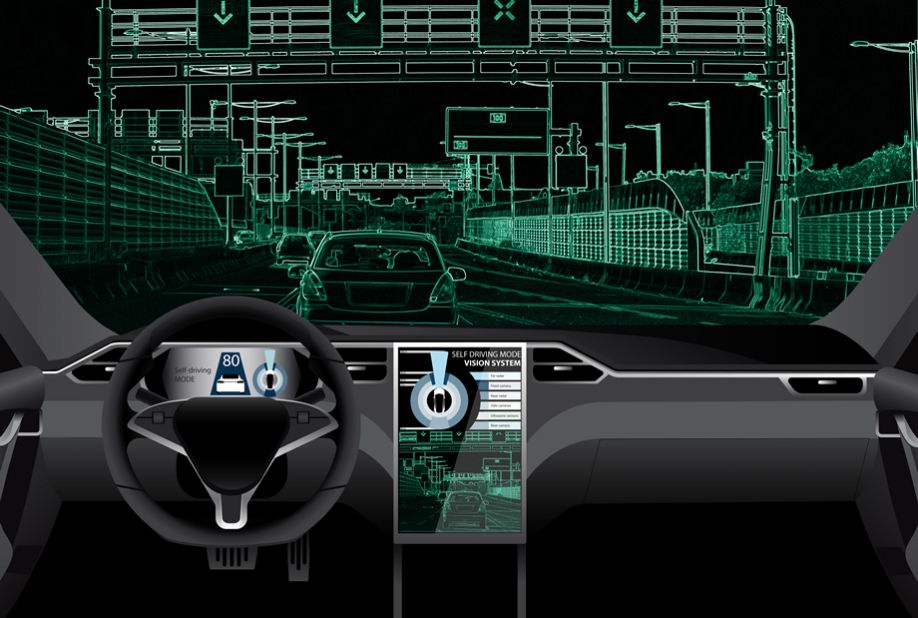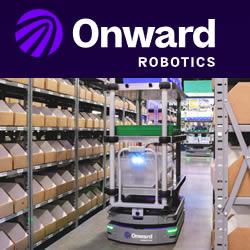Kodiak Robotics Releases Safety Report on Self-Driving Trucking

Self-driving vehicles have spent their fair share of time in the spotlight recently. Most conversations about the technology revolve around cars and public transportation, but that's not its only application. Driverless trucks are showing promise, too, and may even come to market before other autonomous vehicles.
Kodiak Robotics, a self-driving truck startup, is leading the way in developing these driverless transports. On June 11, the company released a voluntary safety self-assessment (VSSA) to the National Highway Traffic Safety Administration (NHTSA). The 49-page document doesn't just highlight Kodiak's safety advantages, but also self-driving trucks as a whole.
The VSSA Program
NHTSA recommends this kind of transparency from self-driving vehicle manufacturers. It started the VSSA program in 2016, encouraging manufacturers to describe how they tackle issues like road safety, cybersecurity and data management. NHTSA doesn't comment on or approve these reports, but instead publishes them for consumers to see.
Through this program, manufacturers like Kodiak can demonstrate how they're moving toward a safer future. This transparency can help researchers learn from others, develop better autonomous vehicles and inform potential investors in the technology. Since it's voluntary, manufacturers can choose only to release information when they're sure about their tech.
Kodiak's VSSA is the industry's 21st report of this kind. Other driverless vehicle companies like Waymo and Aurora have also submitted them in the past. Kodiak isn't the first autonomous truck company to publish one, but its report includes some noteworthy points.
Highways Present an Ideal Space for Autonomous Vehicles
The VSSA doesn't just demonstrate the company's benefits, but also the advantages of autonomous trucks as a whole. One of the most compelling points it makes is that they are the perfect application for driverless technologies. While many other manufacturers focus on making city-going driverless cars, shipping presents some unique advantages.
As the document points out, driving on highways doesn't have as many obstacles and uncertainties as city roads. Highway driving is relatively straightforward, involving few turns and virtually no pedestrians. As a result, there are fewer risks in sending a driverless vehicle on these kinds of routes.
Since these trucks carry cargo, not people, they can focus on safety instead of comfort. Autonomous ride-share vehicles would have to account for passenger comfort, and more responsibility means a more challenging task. All this means self-driving trucks could come to roads before city-going driverless cars.
Perception Over Priors
In its VSSA, Kodiak showed a unique approach to navigation in its self-driving vehicles. While most driverless cars and trucks rely on a system of maps, Kodiak's focus on visual input. The company calls this practice "perception over priors," and its inspiration comes from human drivers.
When people drive, even if they use a map, they rely more on what they can see on the road. Kodiak's self-driving systems, which it calls "drivers," do the same thing. They depend on their network of cameras, sensors and LiDar more than their maps of GPS.
By mimicking human drivers, Kodiak trucks may be more able to tackle any uncertainties. If information from maps doesn't match the road conditions, it won't be a problem for these drivers.
Balancing Safety and Innovation
The perception-over-priors principle isn't the only thing that sets Kodiak apart from other manufacturers. Kodiak also doesn't emphasize its number of test miles, which most other companies use as a selling point. Instead, it sees fewer miles as an advantage, citing the risks of on-road tests.
While it is not trying to stop road tests altogether, it recognizes the hazards that come with it. Putting autonomous vehicles on the road before they're ready could pose a threat to other drivers, and also may not help with the current driver shortage. Kodiak prefers to focus on overall safety.
The company also doesn't emphasize how long its vehicles drive without needing intervention. It sees drivers having to intervene as an opportunity to improve its systems, not a failure. As it points out, corrections teach them to learn from their mistakes, creating a safer vehicle.
Growing Concerns Over Driverless Vehicles
These safety advantages that the VSSA outlines comes at an appropriate time. Recent news hasn't shone the best light on autonomous vehicles, so this transparency may help alleviate some concerns. Perhaps most notably, a recent study found that self-driving cars may only prevent one-third of crashes, despite lofty promises.
The study, from the Insurance Institute for Highway Safety (IIHS), fact-checked some of the manufacturers' most impressive assertions. While some people state things about how driverless cars could eliminate virtually all accidents, the IIHS says otherwise. A one-third reduction is undoubtedly an improvement, but not the revolution some companies promised.
Many earlier estimates also claimed that autonomous vehicles would be commonplace by now. Years with little apparent advancement in the technology have left some people skeptical. Promising reports like Kodiak's VSSA, though, may help sway opinions.
About Kodiak Robotics
Kodiak, founded in April 2018, is a relatively new player in autonomous vehicles. For most of its short history, the company's remained quiet, focusing on building its technology instead of advertising it. This VSSA is one of the first times it has spoken out about its process and advantages.
Though based in California, Kodiak has a hub in Dallas, which it uses for testing its vehicles. Texas is a popular choice for self-driving car companies, mostly because of its long, straight and uncrowded roads. This environment is especially ideal for testing Kodiak's shipping trucks since it offers the same kinds of routes they would drive in practice.
Shipping Could Be Autonomous Before Long
It may be a while before self-driving cars come to city streets, but the same may not be true of trucks. If Kodiak's VSSA has asserted one thing, it's the advantage of driverless shipping over other applications. If Kodiak and similar companies continue at their current rate of advancement, it could be autonomous in just a few years.
Driverless trucks could lead to faster delivery times, and eventually safer roads. If nothing else, it's a step forward for self-driving technology. A future of autonomous vehicles is inevitable, and long-haul trucks may be the first taste of it.
Comments (0)
This post does not have any comments. Be the first to leave a comment below.
Featured Product

